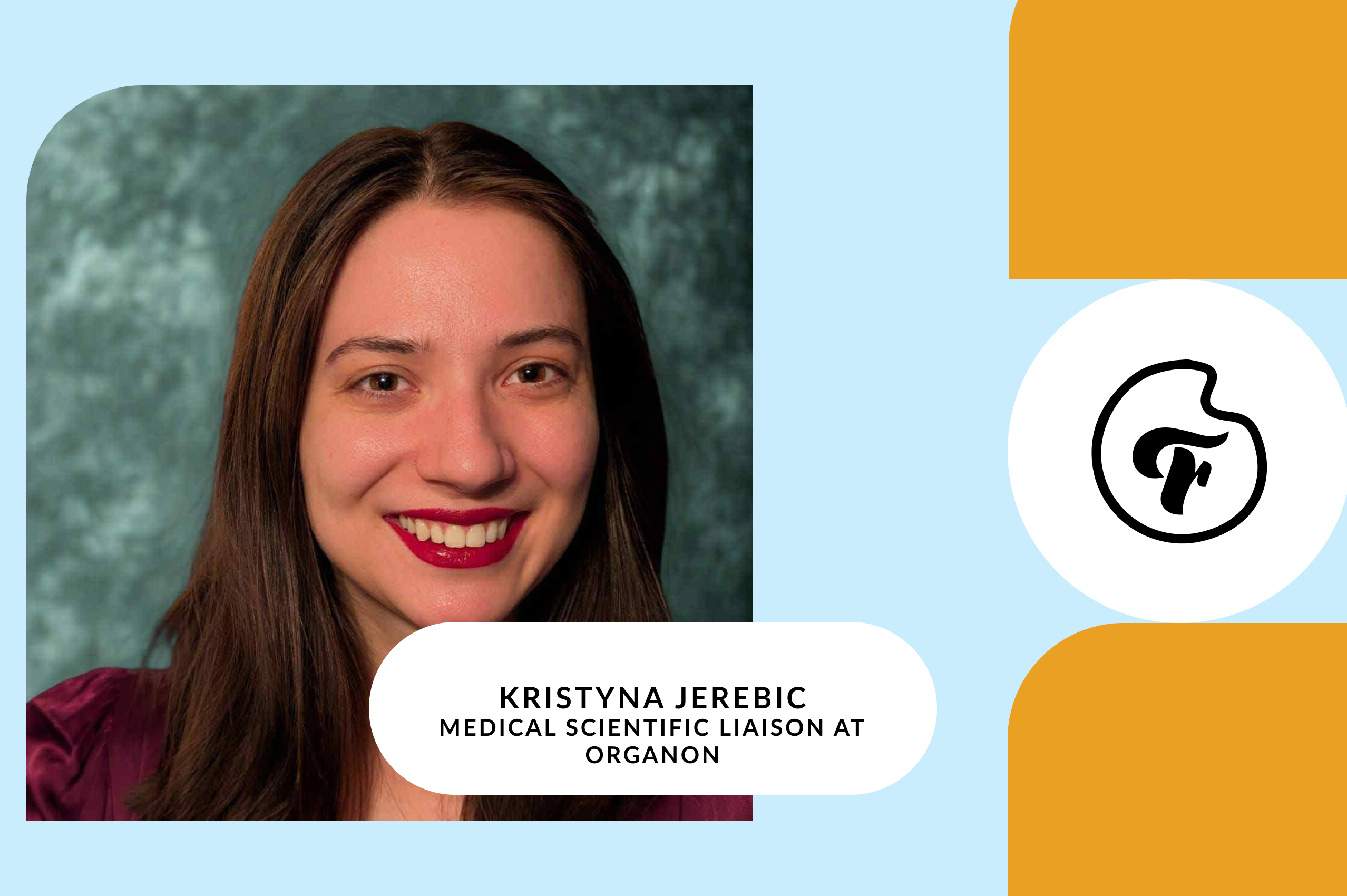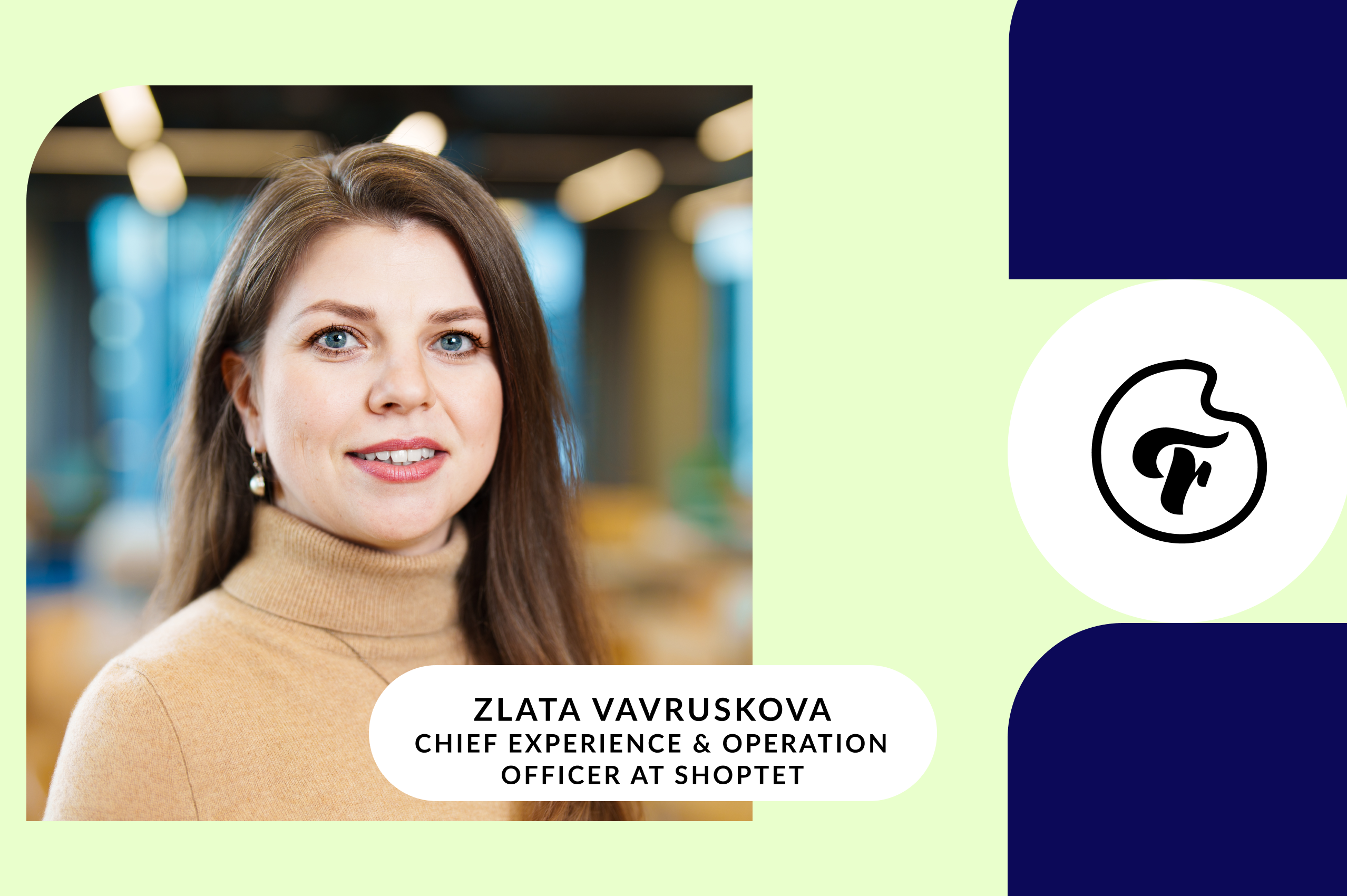
Egg freezing. A topic that I hear about left and right these days. In fact, according to a Fortune article, between 2010 and 2016, the number of American women freezing their eggs skyrocketed by 880%. And the American Society for Reproductive Technology says that “10,936 U.S. women froze their eggs in 2017 alone.” Bloomberg cites a 64% increase between 2019 and 2021 in the UK. And when you Google “egg freezing in continental Europe,” you see headlines like: “Why so many women travel to Denmark for fertility treatments;” “France warms up to egg-freezing;” “Spain is the egg donation capital of Europe;” or “As fertility rates in Europe drop, public support for egg-freezing practices and IVF treatment is highly positive.” For many years, the concept of freezing one’s eggs felt distant and far-off. But, recently, I too became a part of the statistics when I decided, just before turning 35, to freeze my eggs.
I grew up in a family of doctors. My great-granddad was an Otolaryngologist, my grandma was a family doctor and my father is an OB/Gyn. You can say that I come from a family of overachievers. Results were always extremely important in our family and, of course, it was expected that me or my sister (or preferably both) become doctors as well. Life didn’t really work out that way. However, because our parents lived through communism and their options were very limited, they made sure that their daughters had lives that they were not allowed to have when they were teenagers and young adults. As such, we were fortunate enough to attend private high schools and study for our Bachelor's and Master's degrees abroad.
How does this all relate to the topic of egg freezing? Well, I’ve always known, deep down, that I want to be a mother one day. But I grew up with this prevailing mentality pushing me to become successful in my career. Once I graduated high school, I went on to graduate with my Bachelor’s degree and later, my Master’s degree (a nonnegotiable for my family). And of course, then came the most difficult part: getting a job. Unexpectedly, I received an internship offer from a PR agency in Los Angeles and what was supposed to be 6 months turned into a full-blown US-based job that lasted 7 years. And with my go-go-go mindset, my career became my priority - my baby. When I moved back to Prague, Czech Republic, I decided to freeze my eggs. It wasn’t a decision motivated by health issues; rather, I decided to freeze them to ensure I had a backup plan for later.
Many medical professionals refer to this as “social freezing”. As a National Geographic article says: “Social freezing is typically done in anticipation of an age-related decline in fertility that begins at 30 and accelerates after age 35.” And I was not the only one in my circle to undergo social freezing recently; I know at least two of my friends decided to go down this path, too.
When Femme Palette reached out to ask me to share my experience, I was excited. How many women talk openly about this topic? When I decided on the procedure, I made a decision that I would share my experience on my personal Instagram account. I am not an influencer by any means, but as the daughter of a gynecologist, I have personally seen many women-related issues tucked away, never to be discussed openly.
I completely understand and respect that topics related to relationships, pregnancy, fertility, or miscarriage are very private matters and many people do not feel like sharing their experiences publicly. That choice is completely up to each individual. But sometimes, people refrain from discussing them due to stigma — and I am not talking just about the Czech Republic. In the US, the overturning of Roe v Wade has severely limited women’s reproductive rights and made it difficult for them to be vocal about their health and personal choices. But that doesn’t make it any less important to continue discussions on these topics.
That’s part of the reason I decided to share my experience. On social media, I received many positive responses from men and women alike. I hope women feel more empowered when it comes to their health and do not see egg freezing as a taboo topic - because it should not be.
I first started to consider freezing my eggs in the summer of 2022 — but tabled it for later. Then, later that year, a friend told me she was considering freezing her eggs. Even still, I put the procedure on hold. But when May 2023 rolled around, I reconsidered. I was about to turn 35 that July. With that milestone looming, I decided to start having more conversations with medical professionals about the next steps.
May 29: My first appointment with a fertility doctor at the state hospital U Apolináře, located in Prague. They have a fertility center called Centrum Asistované Reprodukce. The doctor thought she was just giving me information to decide if this procedure was the right one for me. She quickly learned that I had already made my decision and was ready to proceed.
They did blood work and based on my ultrasound and cycle, then scheduled a date for me to pick up the drugs/hormones that I would take for the next couple of weeks. We also went over my payment plan. There are situations where the health insurance will be able to pay for your procedure, but I didn’t check any of those boxes, so I paid out of pocket. If you’re interested in the cost, I recommend speaking with your doctor. For reference, though, it can be around 50,000 CZK.
Prior to the whole procedure, I made a personal decision to avoid drinking any alcohol — especially while I am injecting myself with the hormones. The body is already “aggravated” by the extra hormones and I decided I would not put my body through extra stress with a possible hangover
June 2: I picked up my hormones and, based on my ultrasound and health condition, my doctor determined a personalized schedule for when to take which hormones.
June 5: I started injecting myself with the first type of hormones every evening. These were to stimulate the production of follicles. For this specific hormone, you have the take it in the morning or in the evening. However, once you decide on the time, you need to stick to it for the duration of the treatment.
For the first three days, I was super exhausted, moody, and generally not interested in talking to people. Up until this point, I was always extremely scared of needles and thought that there was no way that I could inject myself with needles and in fact asked my mom to administer the first dose for me. But I quickly realized that I could do it by myself. And indeed I did! I finally overcame my lifelong fear of needles.
June 11-12: My doctor added extra (stronger) hormones. This was a different setup than the previous one - the needles were a bit longer. And upon injecting, it stung a little and the injection site on my belly was a little red - that is apparently normal. On June 12, I was exhausted and felt like I was 6 months pregnant. It’s because the new hormone triggers the expansion of the ovaries, causing bloating.
June 13: I had another appointment with my doctor, who determined that all was well and scheduled a date for my procedure. She also gave me an additional trigger shot to take two days before the procedure. They took my blood again and I also had a check-up with a general doctor to determine that I was healthy enough to have anesthesia for the procedure. Note that if your doctor does not confirm that you can be under anesthesia, it’s likely that your procedure will be done while you are awake, but on opioids for pain reduction.
June 16: Procedure day. I came to the hospital at 7 a.m. (no food or drinks since midnight). I went through intake and then was taken into the operating room, where I was fully sedated. After the procedure, I spent 2 hours in bed resting off the anesthesia under full-time supervision. Later, they transferred me to another room to wait there for the results. Note that you cannot leave the hospital alone and you can’t spend the first night following the procedure alone to ensure someone can help (read: take you to the hospital) in case there are any serious post-surgery complications (like bleeding into your stomach, etc.).
June 17-18: I dedicated the weekend following the procedure to resting. Even though it is a quick procedure, you have to remember: you were injecting yourself with extra hormones and your body was undergoing significant changes for however long this process took you. Your body needs to rest as you may experience some discomfort. It is best to take it slowly the following days to make sure your recovery is as quick as possible. I was back at work on Monday and all was fine.
Are you curious about my results? My procedure went very well and they were able to extract 18 eggs and 16 out of these were frozen for possible use later on. This was a very positive result and overall, getting 15+ eggs frozen is a very good outcome. I do know someone who got considerably more eggs extracted (30+) and frozen and that was, according to her doctors, very much above average. I want to stress that my timeline and results are just an example of how the whole process can work. The procedure plan is created specifically for each female depending on her medical history and any other contributing factors.
You can also undergo this procedure every six months if your initial results are not satisfactory and you want to have more eggs at your disposal later on. Of course, that means undergoing the exact same procedure all over again - and paying for it as well. I also want to explain that this is not IVF. During IVF, doctors work with an already fertilized egg that is used for fertilization. This is not the case during “social freezing.”
Overall, I am very happy that I have decided to undergo this procedure as it allows me to focus on my daily life without having to stress out about my “biological clock”. I am someone who has always been focused on her career and has hobbies that fulfill me. Knowing that I have done all I possibly can to support my “future self” empowers me to make the best decisions for myself without additional stress.
Hope this brief summary can help women who are considering this procedure. And I am always happy to answer any questions. You can also see my journey on my personal Instagram account under a highlight called Project.


